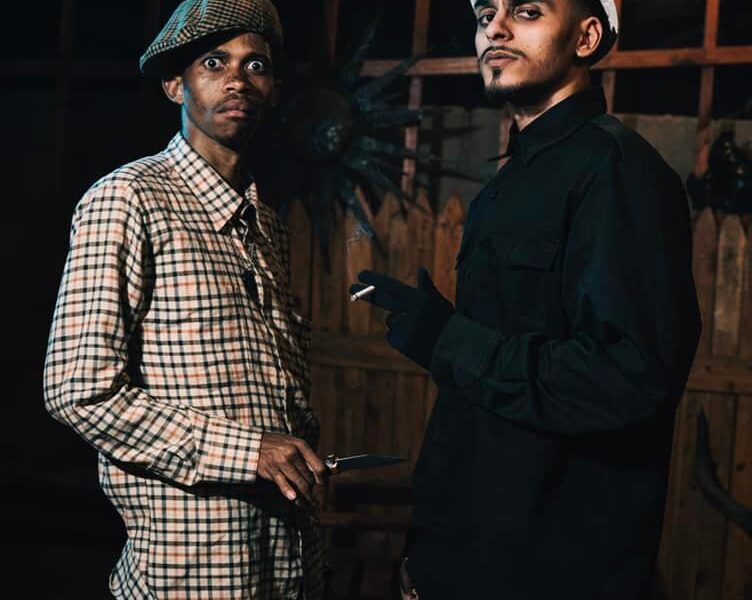- COSBOTS says agreement was signed sometime in March/April 2021
GOSEGO MOTSUMI
After the groundbreaking news that short form video sharing application TikTok would be paying musicians and songwriters for its on-platform use of songs early last year, local creatives have been waiting with baited breath for what is due to them.
The country’s only royalty collections society, COSBOTS, had confirmed that local creatives would benefit on the licensing deal through their reciprocal representation and as members of the Composers, Authors and Publishers Association (CAPASSO) licensing hub.
The arrangement is that when an artist’s music is played on TikTok, they get paid a proportionate share of TikTok’s subscription revenue per month. The distributor then collects the royalties on behalf of the artists and makes the distribution.
Close to a year after signing the licensing deal, Time Out asked COSBOTS about the collections made from the social media platform where music from Botswana has proved popular and led to viral trends.
“The agreement was signed sometime in March or April 2021,” said the spokesperson of COSBOTS, Seeletso Lekgaba, ignoring a critical question about whether the organization has been making collections on behalf of local artists.
The questionnaire had sought to establish if there were any delays in the payout, the number of artists involved or benefitting and the total amount collected due to be paid out to artists. “Digital Service Providers – TikTok, Facebook sign multi-territorial licensing deals,” Lekgaba said.
“In Africa the Collective Management Organizations sign through a CAPASSO existing partnership and the agreement covers 58 territories in across the African continent, Botswana inclusive (sic). This agreement covers 21 collective management organizations including COSBOTS. CAPASSO administers the agreement on behalf of its members and affiliate members and organization.”
As in Europe, African collective management organizations have been grouped together for a one-stop shop for licensing of digital service providers, she added. This is done by Johannesburg-based CAPASSO as a mechanical licensing agency. Through reciprocal representation, CAPASSO provides a multi-territory one-stop licensing solution for digital service providers (DSPs) covering the online rights and they administer the agreement on behalf of its members and affiliate members.
“Royalties are paid based on the number of streams on a platform and varies from one platform to the other,” Lekgaba said about how the royalties are calculated. “For example, it will take an average of 1 000 streams on Youtube music for a song to make 1USD.”
Over the years, she added, TikTok has allowed fans to co-create, contextualize and re-interpret their favourite songs alongside their favourite artists and drives engagement and a deeper appreciation of songs in an era when music consumption is increasingly divorced from context.
Lekgaba noted that with the increasing spotlight on African music, more African songwriters are poised to reach global superstar status and TikTok continues to play a major role in showcasing their talents to the world.




